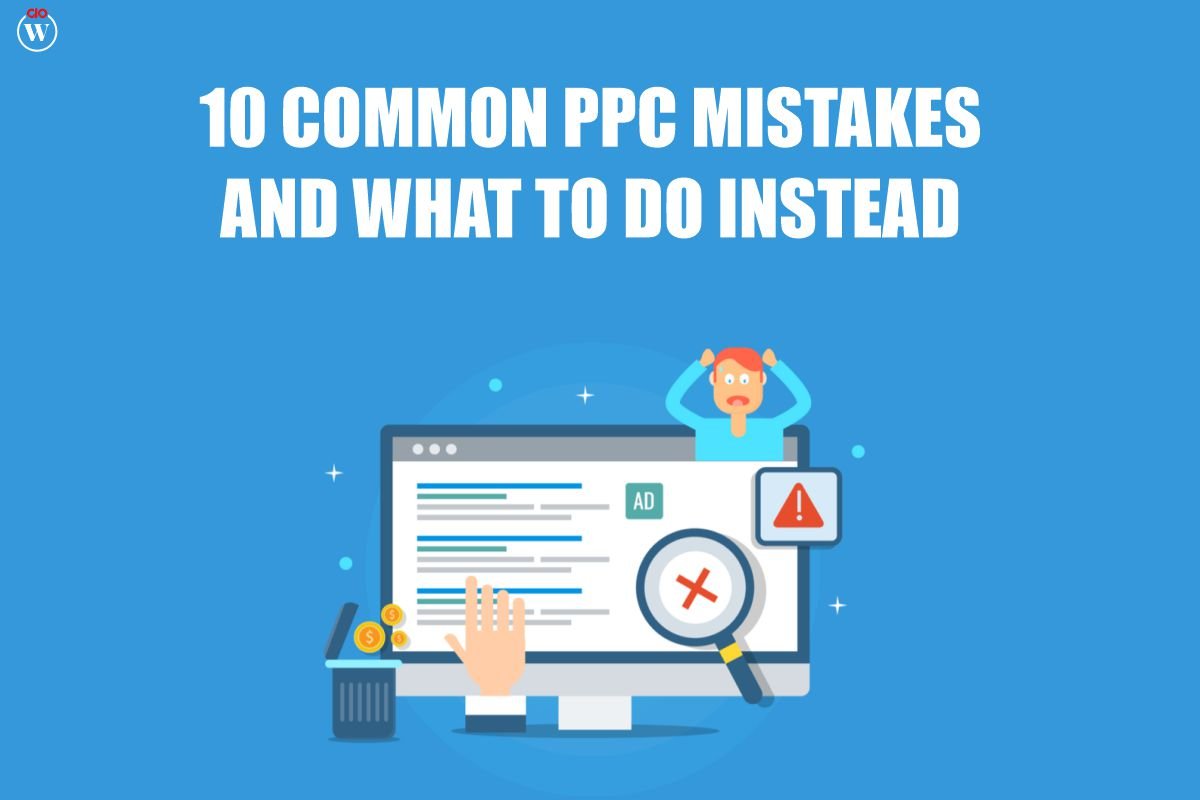As a business owner, maintaining a good credit score is crucial to the success of your business. A good credit score allows you to access loans, credit lines, and other forms of funding necessary for your business’s growth and expansion. However, if you have bad business credit, it can be challenging to get approved for financing, and if you do, you may be faced with high-interest rates and unfavorable terms. In this article, we’ll discuss bad business credit, how it can impact your business, and hacks to Improve Your Bad Business Credit.
What is Bad Business Credit?
Bad business credit refers to a poor credit score for your business. Like personal credit scores, business credit scores range from 0 to 100, with higher scores indicating better creditworthiness. Your business credit score is based on various factors, including your payment history, credit utilization, length of credit history, public records (such as bankruptcies or liens), and credit mix.
Having bad business credit can impact your ability to access financing and other credit-related services. Lenders and financial institutions use your business credit score to determine your creditworthiness and risk. A low credit score may result in higher interest rates, unfavorable loan terms, or even a loan denial. Moreover, having bad business credit may make it difficult to secure contracts with vendors or partners, as they may view your business as high-risk.
How Bad Business Credit Impacts Your Business
Bad business credit can have a significant impact on your business, including:
- Limited Access to Financing
A low credit score may limit your ability to access financing, such as loans, lines of credit, or credit cards. Lenders and financial institutions may view your business as high-risk and may be unwilling to lend to you or may charge higher interest rates and fees.
- Higher Interest Rates and Fees
If you do qualify for financing with bad credit, you may face higher interest rates and fees than those with good credit. This can make borrowing more expensive and impact your cash flow and profitability.
- Difficulty Securing Contracts

Many vendors, suppliers, and partners use business credit scores to determine whether to do business with your company. Having bad business credit may make it challenging to secure contracts or partnerships, which can limit your business’s growth potential.
- Limited Business Opportunities
Bad credit can limit your business’s opportunities, such as expansion, hiring employees, or investing in new equipment or technology.
Here are some hacks to Improve Your Bad Business Credit;
Improving your business credit takes time, effort, and patience. Here are some hacks to Improve Your Bad Business Credit score:
1. Check Your Credit Report:
The first hacks to Improve Your Bad Business Credit is to check your credit report regularly. Review your report for accuracy and any errors or discrepancies that could be negatively impacting your credit score. If you find errors, contact the credit bureau to dispute them and have them removed from your report.
2. Pay Bills on Time:
Paying your bills on time is one of the most critical hacks to Improve Your Bad Business Credit. Late payments can have a significant negative impact on your credit score. Set up reminders or automatic payments to ensure that you pay your bills on time.
3. Reduce Your Credit Utilization:
Credit utilization refers to the percentage of your available credit that you’re using. High credit utilization can indicate that your business is overextended and may be at risk of defaulting on payments. Aim to keep your credit utilization below 30% of your available credit.
4. Build Your Business’s Credit History:
A longer credit history can improve your credit score. If you don’t have a business credit history, start building one by opening a business credit card or small business loan. The hacks to Improve Your Bad Business Credit is to Make sure to make payments on time and keep your credit utilization low.
5. Work with Vendors Who Report to Credit Bureaus:

Working with vendors who report to credit bureaus can help improve your business credit score. Ask your vendors if they report payments to credit bureaus and prioritize working with those who do.
6. Monitor Your Credit Score:
Monitoring your credit score regularly can help you identify any negative changes and take action to address them. You can access your business credit report and score through credit bureaus such as Experian, Equifax, or Dun & Bradstreet.
7. Establish Good Payment Habits:
Developing good payment habits is crucial hacks to Improve Your Bad Business Credit score. Make sure to pay all bills on time, including loans, credit cards, and vendor payments.
8. Increase Your Available Credit:
Increasing your available credit can lower your credit utilization and improve your credit score. You can do this by asking for a credit limit increase on your business credit card or applying for a new credit card.
9. Negotiate with Creditors:

If you’re struggling to make payments, reach out to your creditors and negotiate a payment plan or a settlement. This can prevent missed payments from negatively impacting your credit score.
10. Build Strong Relationships with Creditors:
Building strong relationships with creditors can be beneficial hacks to Improve Your Bad Business Credit in the long run. They may be more willing to work with you if you experience financial difficulties and may even offer better terms and interest rates.
BOTTOM LINE
Maintaining good business credit is crucial for the success of your business. Bad business credit can limit your ability to access financing, increase your costs, and hinder your business’s growth potential. By following the hacks listed above, you can improve your credit score and increase your business’s creditworthiness. Remember that improving your credit score takes time and effort, so be patient and consistent in your efforts.









